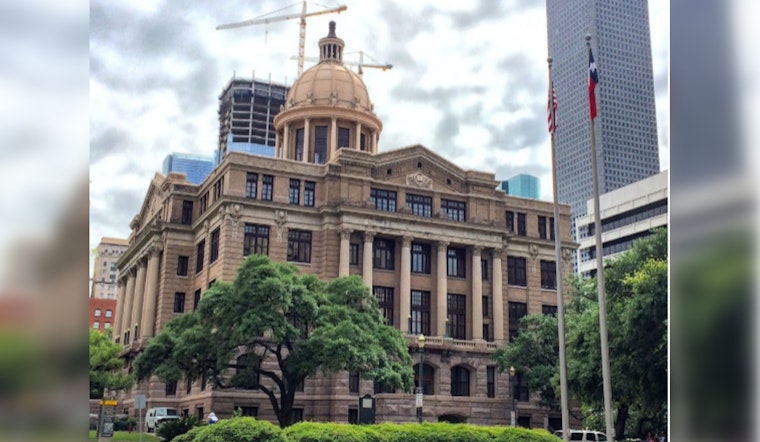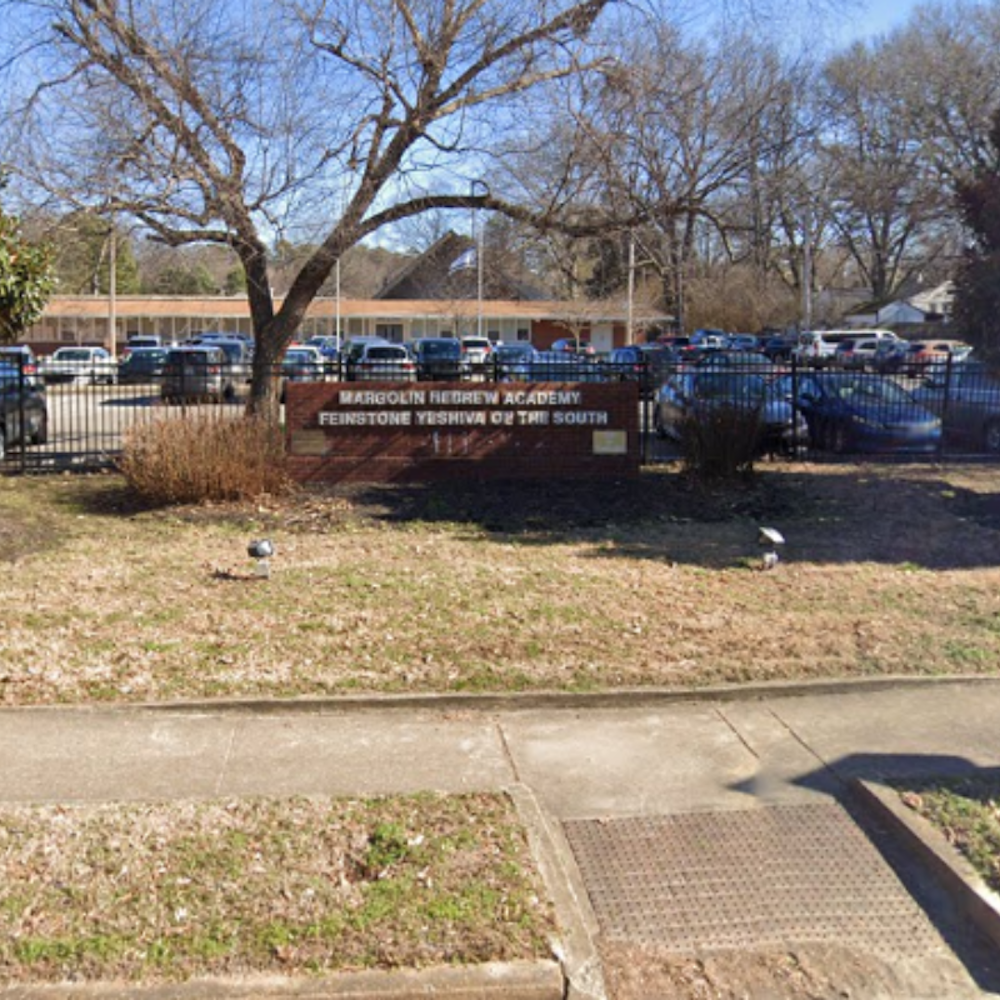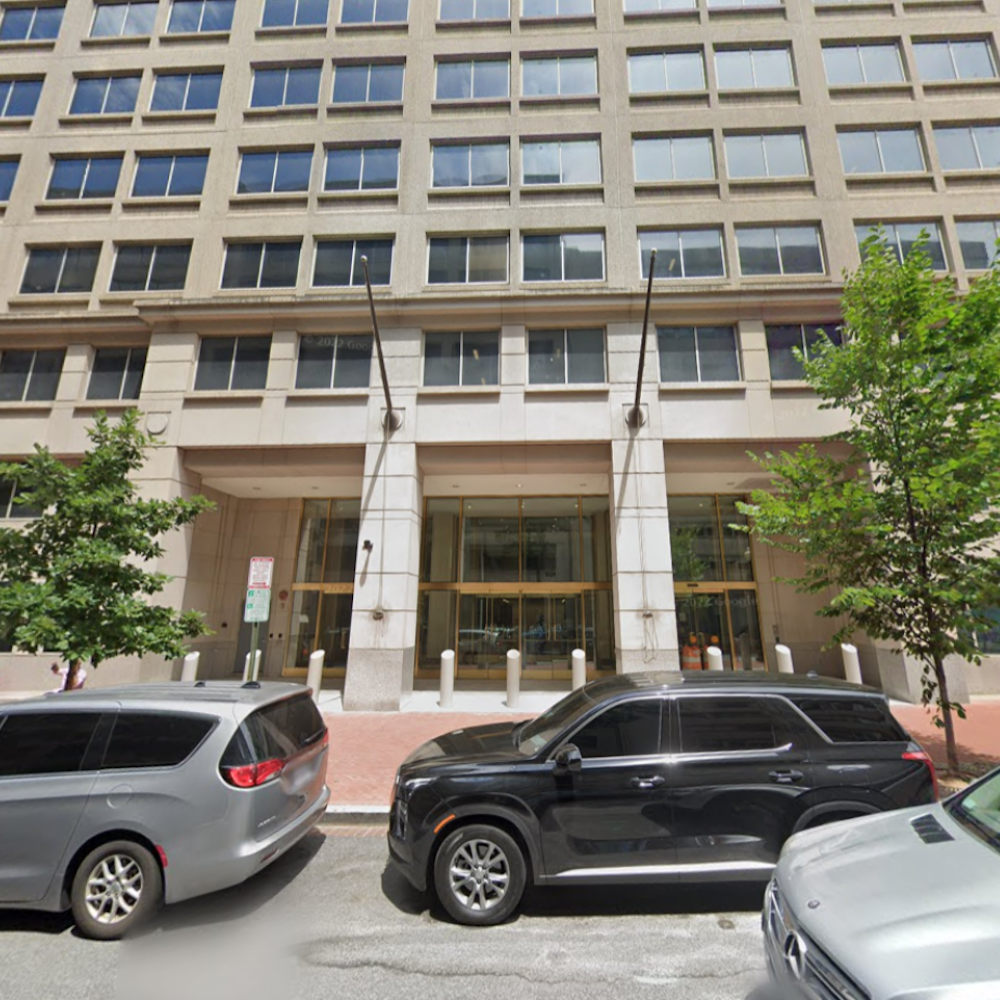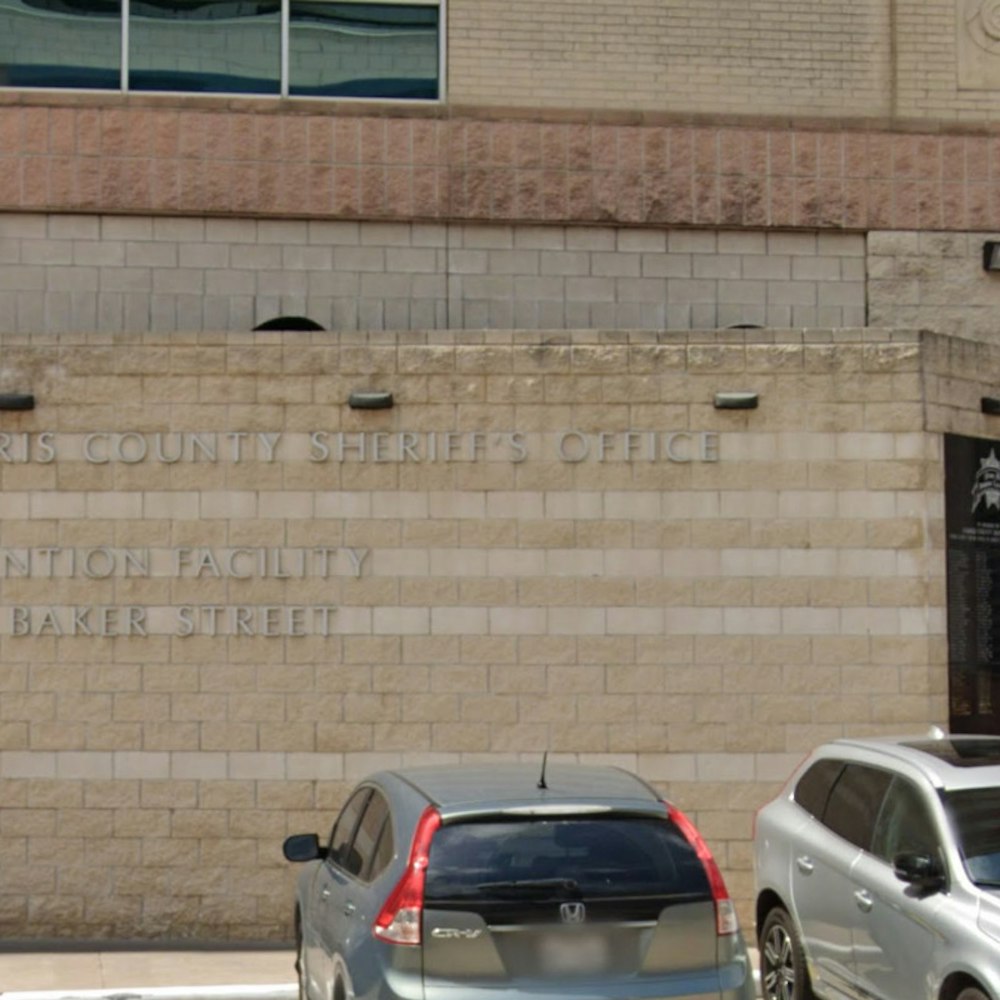
Texas Attorney General Ken Paxton is making waves with his latest strategic move in the ongoing legal battle over Senate Bill 4 (S.B.4), reaching to the higher echelons of justice to solidify his stance. In a calculated play, Paxton has filed a notice of supplemental authority to the U.S. Court of Appeals for the Fifth Circuit after scoring a victory at the U.S. Supreme Court in DeVillier v. Texas, according to an announcement made by his office. This triumph, he argues, bolsters Texas’s defense of the contentious immigration enforcement legislation, S.B.4.
The Supreme Court, in a unanimous decision, backed Texas by instructing plaintiffs to seek redress through state law, rather than attempting direct challenges under the U.S. Constitution. The court uttered, "[a]s Texas explained" constitutional rights aren't usually partnered with a cause of action; they're typically invoked for defense unless Congress, or state law, has crafted a specific cause of action to shoulder such matters. This point strikes at the heart of the current battle, where the United States has taken Texas to court over S.B.4 without Congress having established a legal pathway for the suit. Paxton's notice emphasizes, "Like many cases before it, DeVillier rebuts the district court’s theory that the federal government can offensively enforce another constitutional provision—here, the Supremacy Clause—absent a statutory cause of action enacted by Congress," as per the Texas Attorney General's office.
Furthermore, Paxton's notice draws attention to another Supreme Court case, Labrador v. Poe, where a facial injunction against an Idaho law similar to S.B.4 was stayed. The justices in the majority cast their doubts on the legal standing of broad statewide injunctions. This case mirrors the challenge against Texas's legislation, where the district court halted every application of S.B.4, without considering its severability or its impact on the plaintiffs - a method which Paxton argues presents grave issues related to federalism and the separation of powers. In his words, “[T]he district court facially enjoined every application of S.B.4—even though it can never be enforced against Plaintiffs and without meaningful severability analysis. Labrador confirms such an extraordinary order raises serious federalism and separation-of-powers concerns[.]” as revealed by the Texas Attorney General's release.
The legal process, ripe with technicalities and rich in debate, is an ongoing testament to the intricate dance between state rights and federal oversight. Paxton, seizing on recent court decisions, looks to solidify the position of Texas in a contentious legal landscape. His notice underscores a judicial philosophy that may very well shape the fate of S.B.4 and similar laws across the nation. It's a high-stakes game of constitutional interpretation, and Texas is not bluffing.

-1.webp?w=1000&h=1000&fit=crop&crop:edges)







